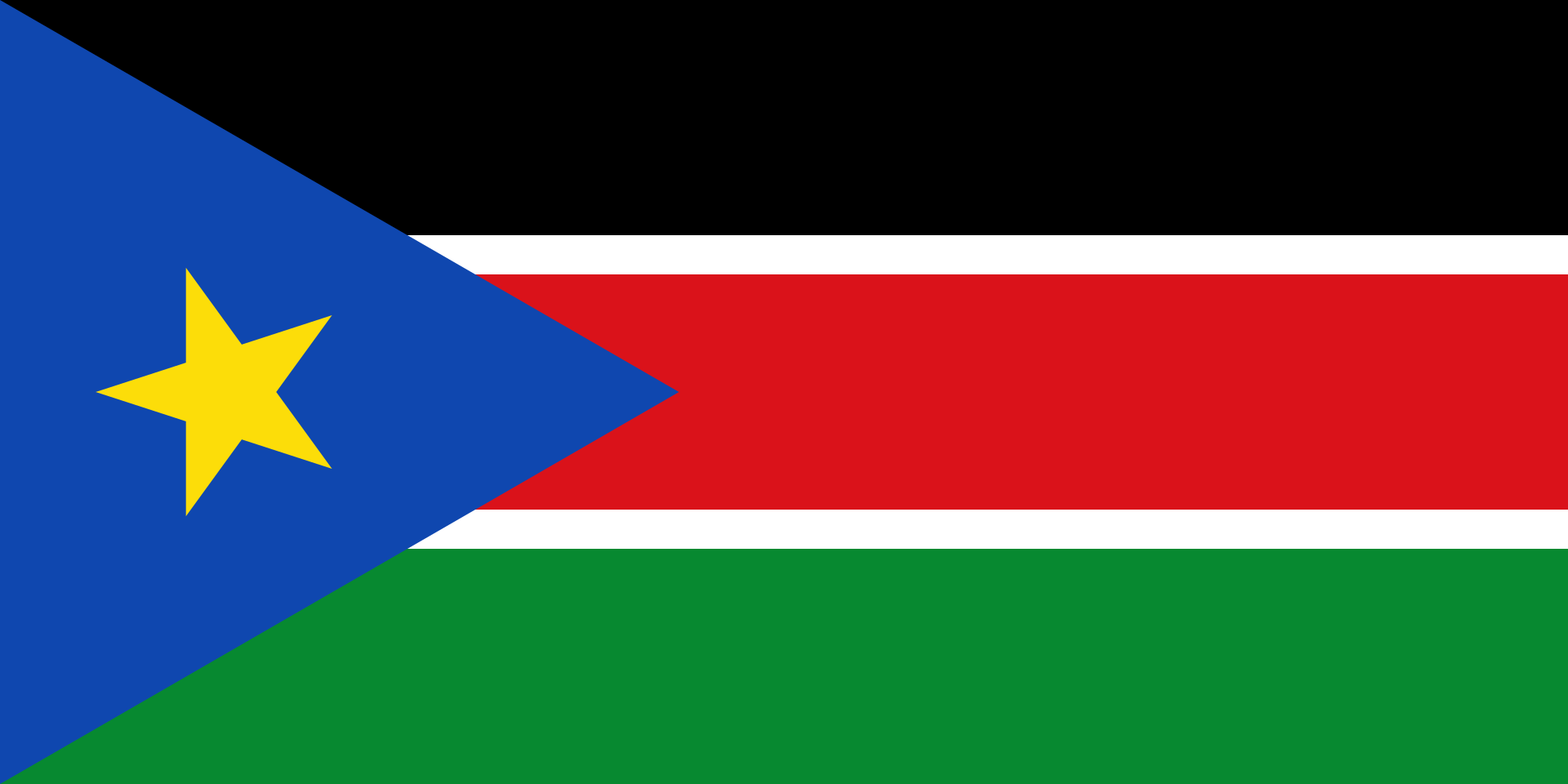People in South Sudan are blaming the Russia-Ukraine war for soaring food prices in the African nation, and fear that this week’s elections in Kenya, their richer and more populous neighbor to the southeast, could worsen their predicament.
Majak John, who works at a petrol station in the capital Juba, told Anadolu Agency that the war has affected fuel prices because refined oil products they import from other countries have gone up, because they are coming in at higher prices.
He blamed Russia’s invasion of Ukraine for rising fuel prices.
Founded in 2011, the world’s youngest nation has been experiencing inconsistent and rampant inflation, as fuel prices rose from 430 to 1,200 South Sudanese pounds per liter ($1.4).
He said that the hike in prices led to higher transportation costs and taxes in Kenya.
“We all get fuel from the foreign market, it enters Kenya's capital, (and) it is highly taxed,” he explained.
“One liter of fuel at the moment is currently selling at $1.4 in South Sudan but in Nairobi (Kenya’s capital) is $1.6 and in Kampala (Uganda’s capital) is $1.8; we’re selling at the lowest price of fuel in East Africa.”
Modi John, a businessman who imports wheat and maize flour from Uganda, said commodity prices are rising due to the devaluation of the south Sudanese pound and Russia’s war on Ukaine.
“Our local currency is now weak on the black market, and that’s the big issue for businesspeople and customers,” he said.
He said that they get food commodities from neighboring countries, but at high prices.
“The elections in Kenya will make things worse in South Sudan because now the incoming goods are affected, some of the trucks aren’t coming on time due to delays in Kenya,” he said, referring to this Tuesday’s general elections in neighboring Kenya, with vote counting still ongoing. “Traffic is heavy, the trucks can’t move quickly like before.”
He explained: “I’m supposed to receive some trucks loaded with food commodities this week, but they failed to come due to the elections in Kenya. They say traffic is very heavy and not moving since there are elections in their country, since people want to witness the elections.”
Imports and the greenback
Abdalla Ahmed, another trader in the capital Juba, said that the prices will continue to increase since South Sudan depends only on importing food items and things have changed internationally.
“The Ukraine war is indirectly affecting us here in South Sudan,” he said. “When you look at the market, the situation is made worse by the ongoing sharp increase of the selling and buying of local South Sudanese pounds with the US dollar on the black market.”
“We’re going into a very bad situation, it will continue to worsen the economic situation and many people won’t be able to afford food,” he added.
Ahmed said that the country will experience skyrocketing of goods these days due to ongoing elections in Kenya because the trucks will not reach on time.
“I talked some of my supplies last week and they told me that they will not come to south sudan until the elections in Kenya, now I am trying others to supply me with goods to be sold here in south sudan and if the give me expensively, I will also increase the prices here such that I recovery my money, instead to have loses”
Moses Makur Deng, former governor of the state Bank of South Sudan, said that the economic distress is caused by the Russia-Ukraine war and other factors.
“The continuing war in Europe and the pandemic have rendered the global macroeconomic outlook highly uncertain. Countries are facing unexpectedly high inflation including food inflation, supply chain disruption, and demand-supply imbalances in products and labor markets.”
“High interest rates in the US along with increased risk aversions among global investors have fueled safe haven demand and strengthened the US dollar.”
South Sudan is highly dependent on imported food supplies from neighboring countries, notably Uganda and Kenya. For instance, between 2012 and 2019, imports from Uganda accounted for about $253 million (48% of total imports) while those from Kenya stood at $30 million (30% of total imports) in the same period. Rising food prices, notably cereals (wheat and maize) in source markets will negatively affect domestic prices in South Sudan, thus increasing inflation (projected at 24% in 2022), food insecurity and humanitarian needs (estimated at $1.5 billion or 30% of GDP).
Though it is an oil producer and exporter, South Sudan also imports refined petroleum products. Fuel prices increased at the pump from an estimated $1.04 per liter to $1.39 per liter in March 2022. Fuel price hikes are often an immediate trigger for increases in the price/cost of other related commodities and services, such as transportation. - Benjamin Takpiny, Anadolu Agency






